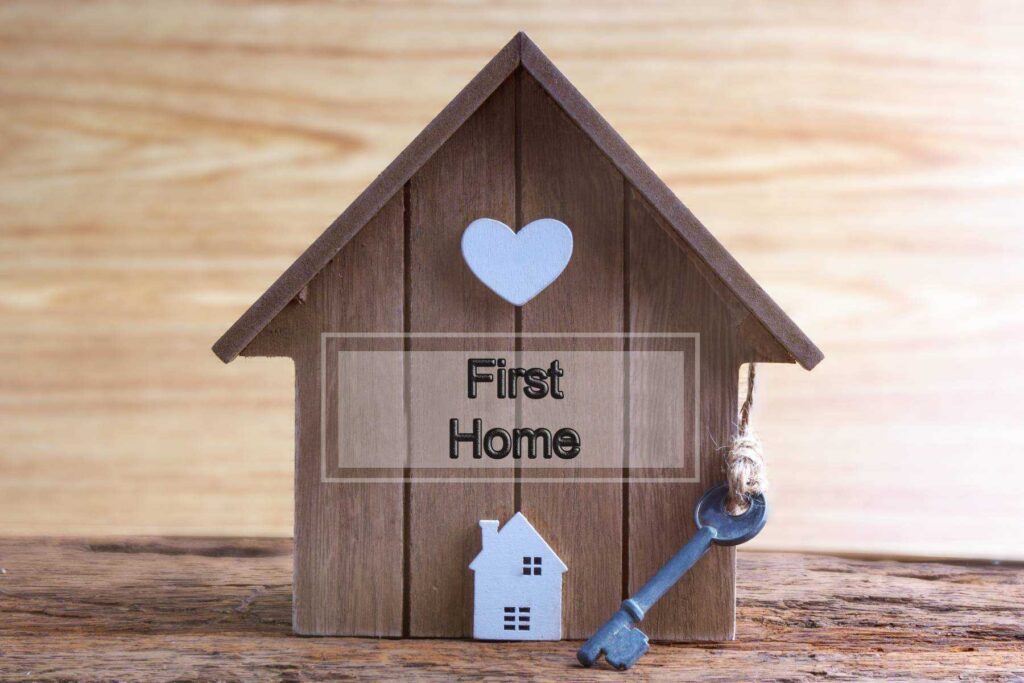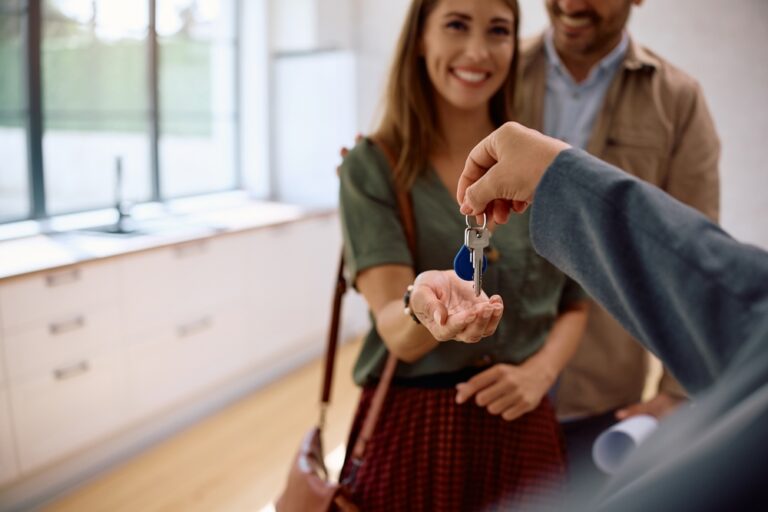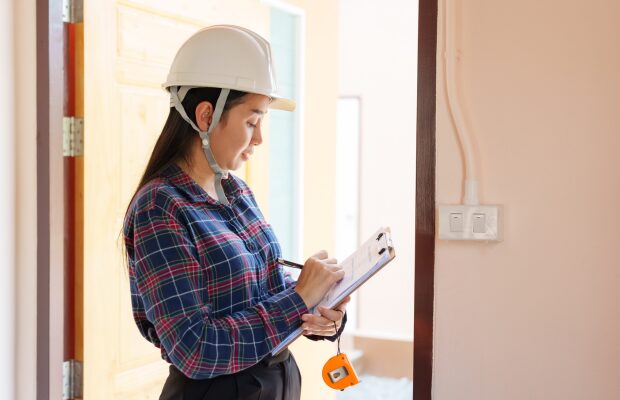Buying a home is always a huge decision – and for first-time buyers it will often be the biggest financial decision they ever make.
If you’re looking to buy your first home, you might be considering a ‘starter’ home.
Here, we’ll explain what a starter home is and look at the pros and cons of buying one.
We’ll also outline details of the government’s ‘First Homes’ scheme…
What is considered a starter home?
Put simply, a starter home is the first property you buy to get on the housing ladder.
However, starter homes are usually considered to be steppingstones towards ‘forever’ homes and aren’t meant to be owned for a long period of time.
Starter homes could include:
• A small house
• A flat or studio apartment
How much should a starter home cost?
A starter home should be affordable for a first-time buyer.
But whether or not you can afford to buy one will depend on how much you’re able to borrow through a mortgage and the size of your deposit.
First-time buyer property prices also vary depending on where you’re buying.
For example, in London, the average first-time buyer property price at the start of 2021 was £474,950, according to Rightmove.
Should I buy a starter home or wait?
Deciding whether to take the plunge on a starter home or wait, save a bigger deposit and potentially buy a ‘forever’ home, can be difficult – and there are pros and cons for both.
Here are five key things you’ll need to consider when deciding whether or not to buy a starter home.
1. Does a starter home fit your lifestyle?
Starter homes are generally small and not future-proofed for changes in your lifestyle.
Before buying, consider if the property you’re looking at has enough space for you in the short to medium term.
Also consider the property’s location and how this will work for you in the future:
• Are you likely to move jobs in the future, meaning you’d need to sell up?
• Will the property work for you if you meet someone and decide to move in together?
2. Work out your exit strategy early on
Starter homes aren’t designed to be owned forever, so you’ll need to think about your next step on the ladder and what you need to happen in order for you to take it.
Think about how long you plan to stay in your starter home and how much potential it has to grow in value before your next purchase.
Put yourself in the shoes of a potential future buyer and think about what they will want from your property and its location.
For example, buying a starter home near good transport links, even if you don’t use them, could make your property more desirable for a young professional who commutes into the city when you come to sell.
3. Moving costs money
Every time you move, you’ll need to factor in additional costs like removals, possible stamp duty, solicitor fees and much more.
So, in theory, the less often you move, the less money you’ll spend.
That could mean skipping the starter home step of the property ladder and waiting to buy more of a ‘forever’ home is a better option for you.
You’ll probably need to save a bigger deposit, however, and you may need to borrow more through a mortgage – meaning your upfront and long-term costs will be higher.
Think about:
• The difference in price between a standard starter home and a bigger property in your area
• How easy it would be for you to save a bigger deposit and how long it would take
• How important location is to your lifestyle and your work commute
4. The local market
Is there strong demand for starter homes in the area you’re looking to buy?
If so, you may be better off buying one, as it could grow in value faster than a larger property and enable you to take the second step on the ladder sooner.
5. Your approach to maintenance
Starter homes are generally smaller, which means they’re easier to maintain.
If you’re coming from a rental property, you’ll be used to your landlord taking care of major issues.
But when you’re the homeowner, they become your responsibility.
If you’re a first-time buyer in the truest sense of the word and property maintenance worries you, you could be better off purchasing a starter home where there may be less to contend with in terms of upkeep.
The First Homes scheme explained
The government announced plans for a new first-time buyer property scheme in 2020.
The First Homes scheme is set to launch in June 2021 and will offer discounted homes to first-time buyers in England.
The First Homes scheme at a glance
• All homes under the scheme will be new build
• Buyers will be offered properties under the scheme at a discount of at least 30%
• When the properties are sold on, they will be independently valued, and the discount reapplied for the new owner
How much do properties cost under the First Homes scheme?
Properties for sale under the First Homes scheme will have maximum purchase price caps.
• In London, First Homes scheme properties will be capped at £420,000, including any discount
• Elsewhere in England, properties will be capped at £250,000, including any discount
Who is eligible to buy under the First Homes scheme?
To be eligible to buy a property under the First Homes scheme, you must:
• Be a first-time buyer, meaning you’ve never owned a property before
• Both be first-time buyers if you’re buying with someone else
• Be buying in your local area
• Be buying a property to live in and not to rent out
• Have a household income of no more than £80,000 in England and £90,000 in London
How much stamp duty would I pay under the First Homes scheme?
First-time buyers in England will pay no stamp duty on the first £300,000 of a property’s purchase price from July 1, 2021.
So, with the nationwide price cap on First Homes properties being £250,000, you shouldn’t have to pay any stamp duty at all.
In London, where the price cap is £420,000, you’ll still pay no stamp duty on the first £300,000 of your property’s purchase price but may have to pay some on any amount above that figure.
Other starter home options for first-time buyers
As well as the First Homes scheme, first-time buyers also have other government-backed options to get on the property ladder.
Help to Buy equity loans
Help to Buy equity loans see the government lend you up to 40% of a new-build property’s purchase price in London (20% elsewhere).
You then put down a 5% deposit and the remaining 55% (75% outside of London) is covered by a mortgage.
The equity loans are interest free for the first five years, but the loan amount can rise or fall depending how much your property is worth at any given time.
Read more: Everything you need to know about Help to Buy equity loans
Shared Ownership
Under the Shared Ownership scheme, you can purchase a stake in a property, while paying a reduced rent on the stake you don’t own.
You can then buy further shares in the property in the future, eventually ‘staircasing’ your way to 100% ownership if you wish.
Read more: Everything you need to know about Shared Ownership








